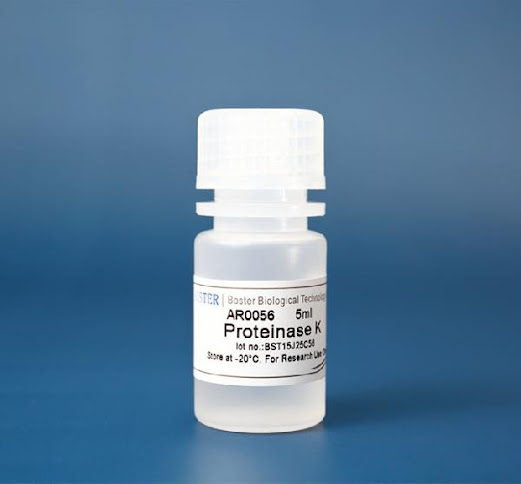The Global Janus Kinase Inhibitor Market Continues To Grow Owing To the Increased Demand from Healthcare Organizations to Treat Conditions Such As SLE and Increasing Investment in the R&D Sector
Janus
Kinase Inhibitor is one of the most promising newly-developed
anti-neurotransmitter drugs that is developed for treating diseases that
involve the neuroendocrine system, the pituitary gland, and other glands and
organ systems. The drug specifically affects the production of neuropeptide Y,
a chemical neurotransmitter in the brain that is involved in regulating mood,
anxiety, and sexuality.
Janus
Kinase Inhibitor works by inhibiting the action of one or perhaps more of the
family of neurotransmitters, thereby interfering with the neurotransmitter
signaling pathway. Neurotransmitters are chemical messages sent from one nerve
cell to another, which typically include dopamine, epinephrine, norepinephrine,
and serotonin. When these neurotransmitters are broken down by Janus Kinase
Inhibitor, the brain does not receive the neurotransmitter message that it
normally needs for normal functioning. This is believed to underlie the
depression, anxiety, and mood disorders that many of these neurotransmitter
inhibitors have been shown to relieve. One of the proposed mechanisms for how
the Janus Kinase Inhibitor work is by preventing the entry of calcium into the
synaptic vesicles of the affected neurons, which is a necessary step in the
formation of long-term memories.
Market Dynamics
The
main factor driving the Janus
Kinase Inhibitor market is the rapid inclination towards industrial
researches related to immune response and signaling. For instance, in Jun2
2018, U.S. Food and Drug Administration (FDA) approved OLUMIANT (baricitinib),
developed by Eli Lilly and Company. It is an oral medicine for treating
rheumatoid arthritis in adults. Moreover, key manufacturers and several
research organizations are also focusing on the research and development of
better Janus Kinase Inhibitor drugs.
However,
the high cost associated with the drugs and the treatments is the main
restraining factor hindering the growth of the Janus Kinase Inhibitor market.
This
market is distributed in five regions that include North America, Asia-Pacific,
Europe, Africa, and the Middle East, and Latin America. Among these, North
America is estimated to hold a significant share of the Janus Kinase Inhibitor
market owing to a high prevalence of systemic lupus erythematosus (SLE) in the
region. For instance, according to the Lupus Foundation of America, 1.5 million
U.S. residents suffer from SLE, and among them, 90% are mostly women. The Janus
Kinase Inhibitor market in Asia-Pacific is expected to witness a significant
rise owing to the increased awareness related to health conditions such as SLE
in the region, backed by favorable government health policies and adoption of
advanced technology in the healthcare sectors.
Competitive
Analysis
Key
players operating in the global Janus kinase inhibitor market include Incyte
Corporation, CTI BioPharma Corp., Sierra Oncology, Inc., Gilead Sciences Inc.,
Novartis International AG, Baxter International Inc., Pfizer Inc., Astellas Pharma Inc., and Eli Lilly and
Company.
In
February 2021, SHR0302, a Janus kinase type 1 (JAK1) inhibitor developed by
Reistone Biopharma Co. Ltd. cleared the Phase 2 Clinical Study.




Comments
Post a Comment